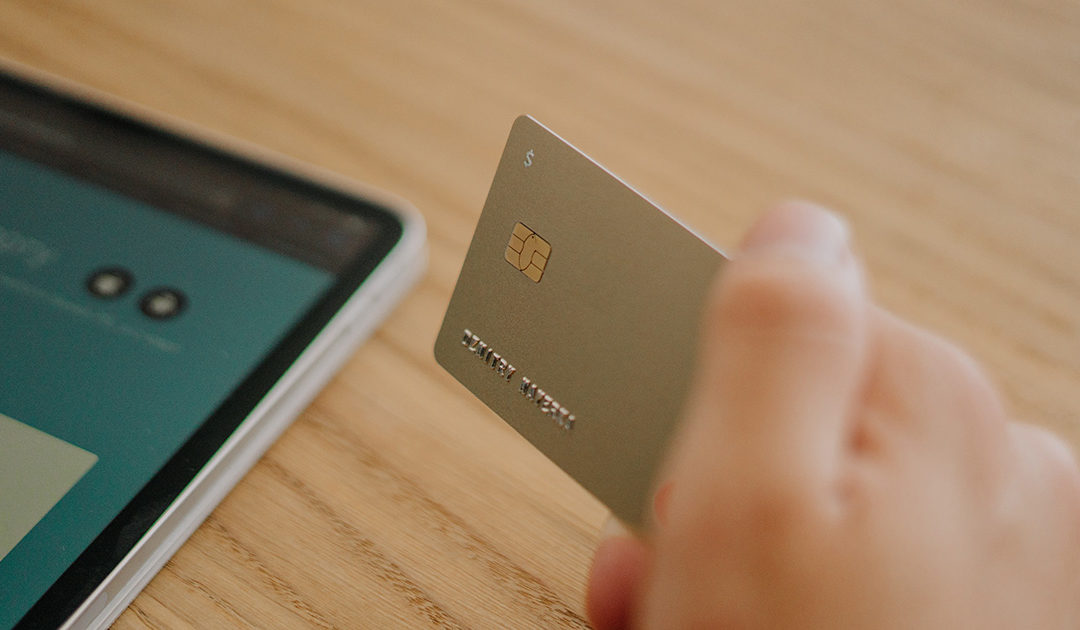The end of the Know-It-All-Boerie-Braai-Bore.
1. Media engagement
Social media, streaming content online, and watching live or programmed streaming has increased dramatically, with over half of consumers now fully engaged. There is nothing we don’t know. You can’t even enthral friends around the braai with fascinating news snippets without the mob interrupting with an “I know … I saw it …” before you’ve warmed to the subject.
Is this the end of the Know-It-All- Boerie- Braai-Bore?
2. E-Commerce
During Covid, one in three people who ordered online did so for the first time. Then, the emergence of BOPIS (Buy Online Pickup in Store) provided a variation of the same theme. Apart from safety considerations, a more convenient option emerged meaning that online shopping is just going to grow from early adopters to well, everybody.
Are you buying more online now than pre-March 2020?
3. Grocery shopping
Pre-Covid, we were already seeing signs of ‘traditional’ shoppers buying their groceries online. For the doubters, deliveries have now passed the efficiency and efficacy tests. Take a working mom. She rushed out in her lunchtime to shop, or after work before racing to pick the kids up from after-care. It just doesn’t make sense anymore.
Which grocery items would you not buy online?
4. Connecting
By now, many people have worked remotely. And it’s worked well. Some people are considering moving away from the cities and relocating to areas which offer a better lifestyle, called “zoom towns”. Before Covid, they needed to fly home to Jeffrey’s Bay on a Friday afternoon and catch a plane back to Johannesburg early on Monday morning. No more. They can now engage professionally on remote platforms for work but connect emotionally in Jeffrey’s and surf between meetings.
Have you felt a greater need to connect with family and friends since Covid?
5. Personal finance
Many have felt financial pressure during Covid. In truth, even before Covid our economy was stressed. A trend is managing one’s finances more responsibly, making sure that essential costs (e.g. medical aid) are covered, even if it means trading down.
Traditionally, most people sought advice on the asset side of their personal balance sheet. Retirement annuities, unit trusts and savings etc. This is all good – but what’s the point of saving R 2 000 pm if you’re spending R 6 000 pm on nice-to-haves? Look at both sides of your personal balance sheet.
Has Covid encouraged you to review your debt and spending habits?

